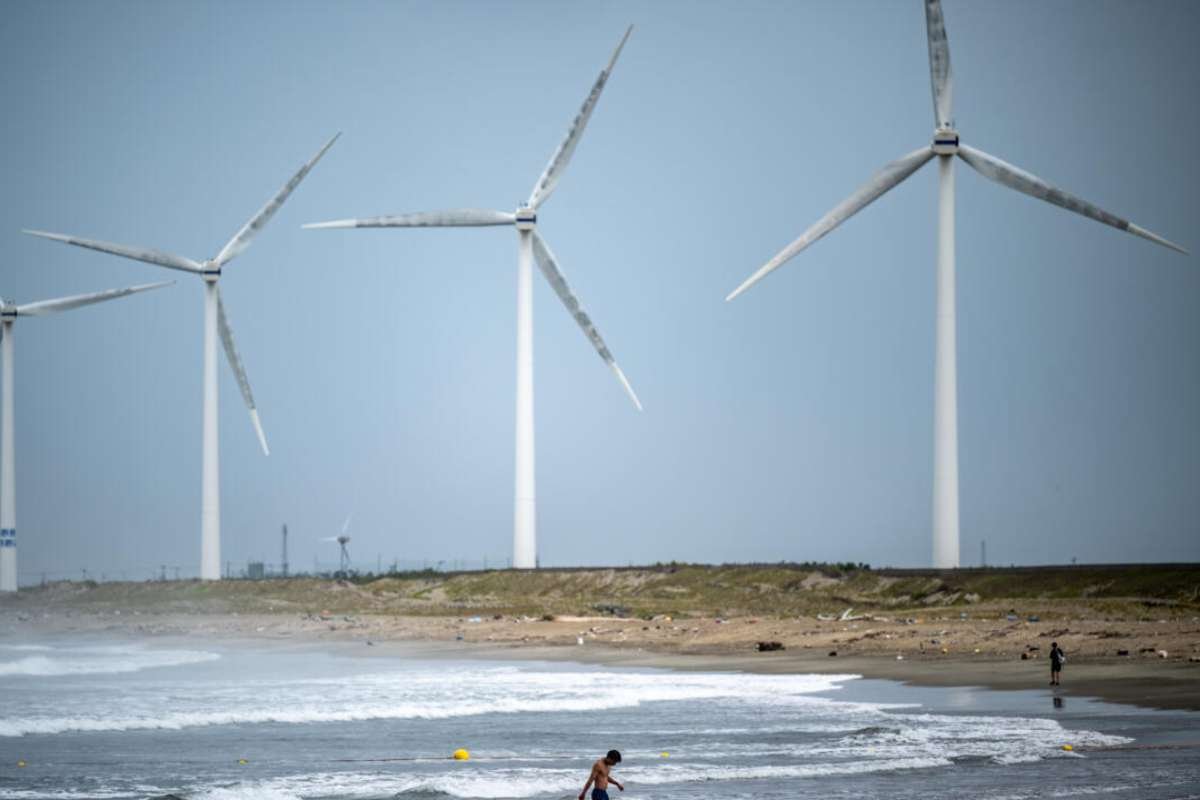Renewables and Nuclear Take Center Stage
Japan is making a significant pivot in its energy strategy as the nation confronts rising electricity demand and its ambitious decarbonization goals. A government-commissioned panel of experts has largely endorsed a draft energy policy aiming to boost renewable energy sources to account for 40-50% of Japan’s electricity needs by 2040. The plan also marks a decisive return to nuclear energy, targeting a 20% share of the national energy mix, up from just 8.5% in 2022.
This revised approach reflects the dual priorities of addressing increasing energy requirements from AI-driven data centers and semiconductor factories while meeting climate commitments. Industry Minister Yoji Muto emphasized the need for a balanced energy portfolio, stating, “It’s time to stop discussing a choice between renewable energy and nuclear power. We should maximize the use of both.”
Fukushima Legacy and Nuclear Expansion
The draft policy represents a shift from the post-Fukushima era’s anti-nuclear stance, following the 2011 disaster that caused widespread displacement and lingering public apprehension. The plan outlines the restart of reactors that meet rigorous post-Fukushima safety standards and proposes building next-generation reactors to replace decommissioned ones.
However, challenges loom large. Currently, only 14 of Japan’s 33 workable reactors are operational. Experts have raised concerns about the feasibility of restarting all reactors by 2040, given the slow pace of regulatory approvals. Critics have also highlighted gaps in the plan, particularly its lack of a detailed roadmap for phasing out fossil fuels and addressing potential investment shortfalls in renewable technologies.
Balancing Security and Decarbonization
Japan’s updated energy policy also aims to reduce coal’s share in the energy mix from nearly 70% in 2022 to 30-40% by 2040. While the focus on renewables and nuclear power underscores Japan’s commitment to achieving net-zero emissions by 2050, skeptics point to further clarity on implementation strategies.
The policy emphasizes the development of next-generation technologies, such as solar batteries and portable solar panels, to support the shift toward a low-carbon economy. Minister Muto underscored that ensuring energy security through diversification is essential for Japan’s future growth.
As the policy awaits Cabinet approval by March, it signals Japan’s intention to strike a balance between innovation, decarbonization, and energy security, albeit with significant hurdles to overcome.









